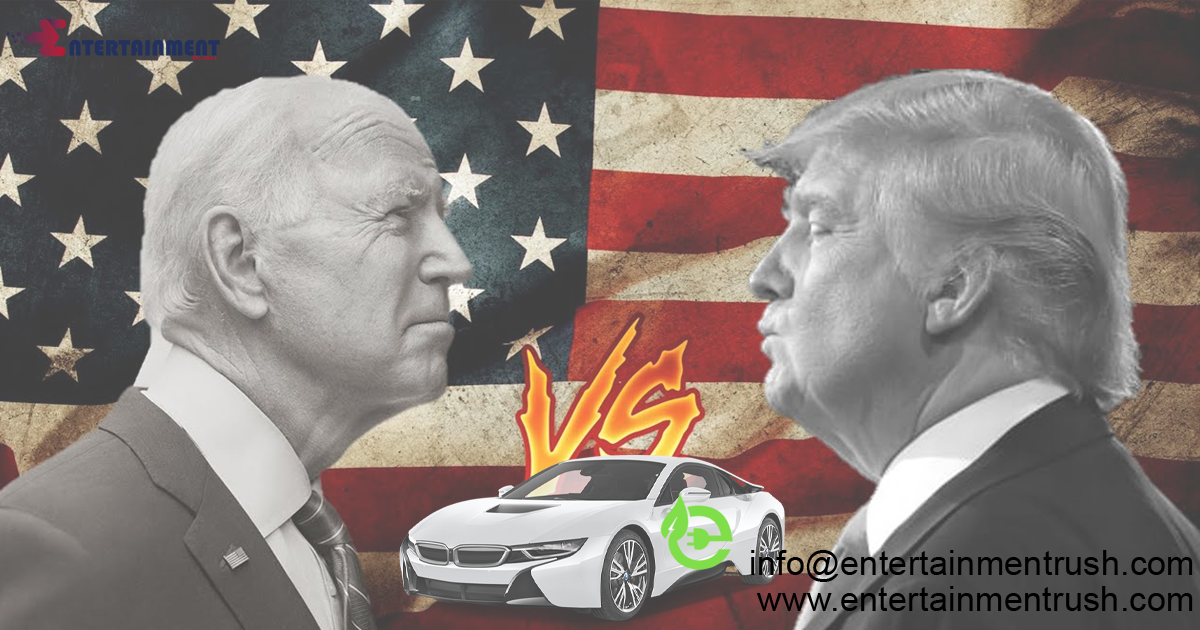In the battleground of Michigan, a contentious issue is brewing, one that pits the ambitions of President Joe Biden against the staunch opposition led by former President Donald Trump. At the heart of this clash lies the push to accelerate America’s transition from gas-powered automobiles to electric vehicles (EVs).
The Importance of Electric Vehicles in Biden’s Presidency
Biden’s agenda regarding electric vehicles stands as one of his most ambitious endeavors, intertwining industrial policy with climate change initiatives. Central to this agenda are subsidies to bolster EV manufacturing, stringent emission standards, investments in charging infrastructure, and tax incentives to spur EV adoption. Through repeated visits to EV assembly lines and battery plants, Biden champions the job creation and environmental benefits brought forth by his policies.
Opposition from Trump and Allies
In contrast, Trump and his allies vehemently oppose Biden’s EV agenda, especially in Michigan, a state historically tied to the auto industry. Their rhetoric is laced with dire warnings of job losses, criticisms of EV affordability, and concerns over infrastructure readiness. Despite indications of growth in auto manufacturing jobs and a decline in EV prices, Trump’s narrative portrays Biden’s policies as catastrophic for the economy.
Industry Perspectives
However, major automakers see the transition to EVs as inevitable, viewing it as essential for combating climate change and safeguarding their financial interests. While Trump predicts economic turmoil, industry players embrace EVs as a strategic move. Yet, concerns linger about labor impacts, with fears that EV production could lead to job losses.
Public Opinion and Partisan Divide
Surveys reveal a stark partisan split regarding the transition to EVs. While Democrats generally support the shift, Republicans remain skeptical, citing doubts about infrastructure readiness and consumer preferences. Michigan, a crucial battleground, mirrors this divide, with opinions split between urban and rural areas.
Economic Implications and Future Prospects
Amidst debates over job losses, studies indicate that EV production might actually increase labor hours. Despite slower growth in EV sales, the market trends toward parity with traditional vehicles. Trump’s opposition to Biden’s EV policies underscores broader concerns about economic stability and global competitiveness.
Conclusion
The clash over electric vehicles epitomizes the ideological battle shaping American politics. While Biden champions EVs as a pathway to economic growth and environmental sustainability, Trump and his allies decry them as a threat to jobs and economic stability. As Michigan emerges as a battleground for this debate, the future of America’s automotive industry hangs in the balance.




Leave feedback about this